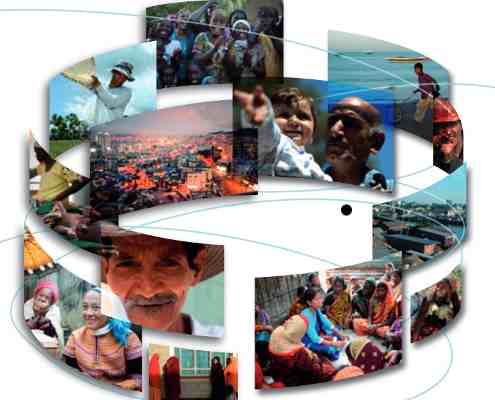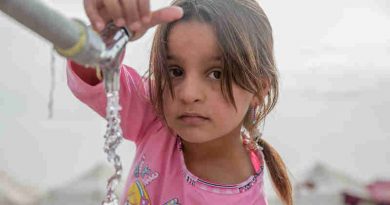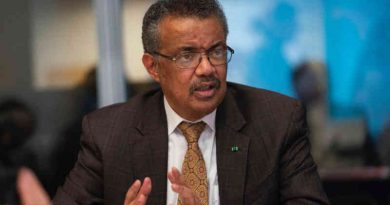Report: 400 Million Don’t Have Access to Health Services

A WHO (World Health Organization) and World Bank Group report released last week shows that 400 million people do not have access to essential health services and 6% of people in low- and middle-income countries are tipped into or pushed further into extreme poverty because of health spending.
“This report is a wakeup call: It shows that we’re a long way from achieving universal health coverage. We must expand access to health and protect the poorest from health expenses that are causing them severe financial hardship,” says Dr Tim Evans, senior director of Health, Nutrition and Population at the World Bank Group.
The report, Tracking Universal Health Coverage, is the first of its kind to measure health service coverage and financial protection to assess countries’ progress towards universal health coverage.
The report looked at global access to essential health services—including family planning, antenatal care, skilled birth attendance, child immunization, antiretroviral therapy, tuberculosis treatment, and access to clean water and sanitation—in 2013, and found that at least 400 million people lacked access to at least one of these services.
[ New Delhi: The Case of a Neglected City ]
The report also found that, across 37 countries, 6% of the population was tipped or pushed further into extreme poverty ($1.25/day) because they had to pay for health services out of their own pockets. When the study factored in a poverty measure of $2/day, 17% of people in these countries were impoverished, or further impoverished, by health expenses.
“As we transition to a post-2015 development era, we must act on these findings, or the world’s poor risk being left behind,” says Dr Kaushik Basu, chief economist at the World Bank Group.
WHO and the World Bank Group recommend that countries pursuing universal health coverage should aim to achieve a minimum of 80% population coverage of essential health services, and that everyone everywhere should be protected from catastrophic and impoverishing health payments.
The Rockefeller Foundation and the Japanese Ministry of Health supported this report, which comes 6 months before the second annual Universal Health Coverage Day on December 12.
Photo courtesy: WHO





